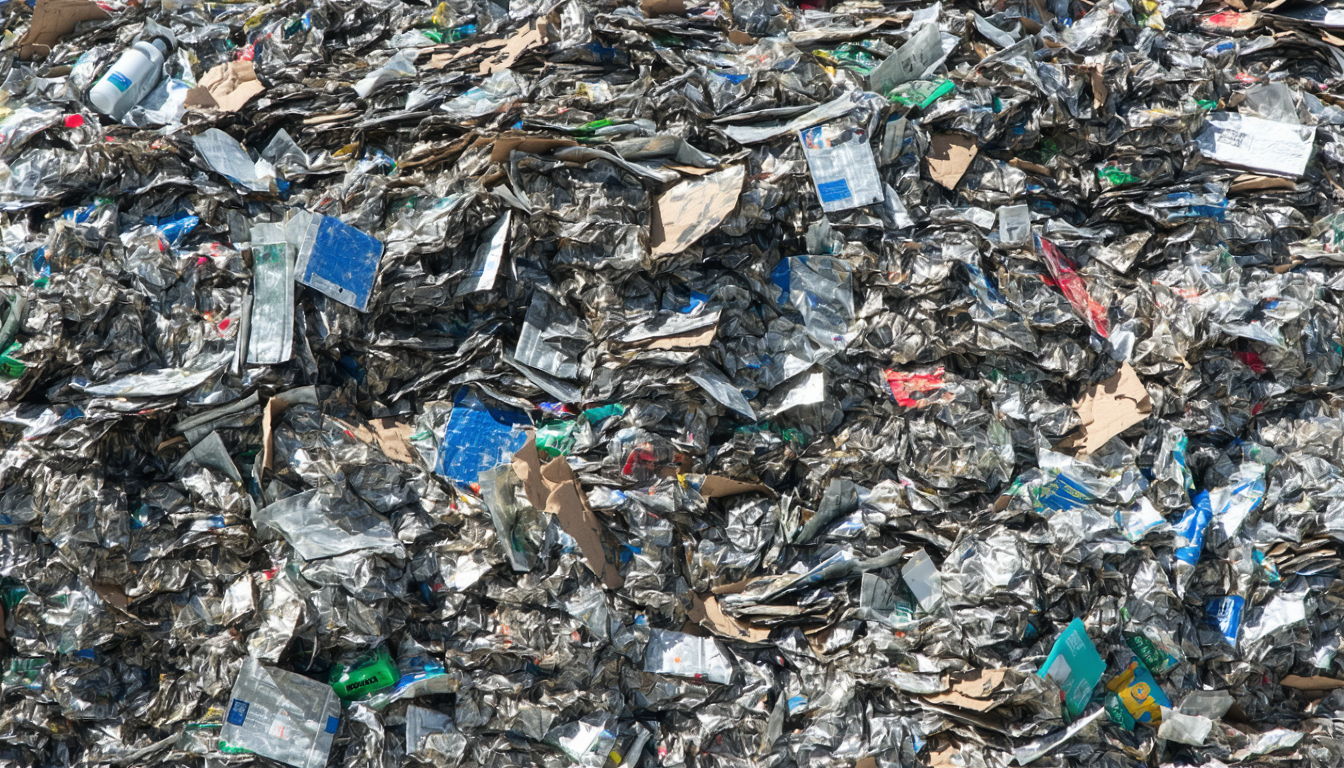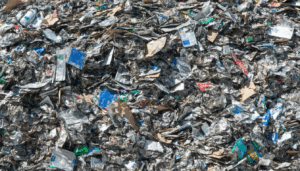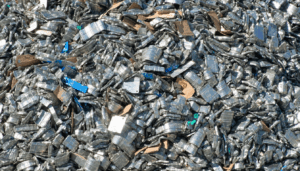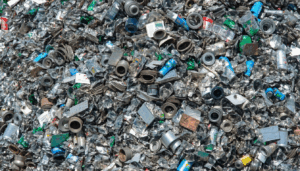Introduction
In the heart of Arizona, Yavapai Metal Recycling has emerged as a key player in the United States’ push for sustainable waste management. This company, based in Yavapai County, is making headlines for its innovative approaches to metal recovery and environmental conservation. With growing concerns over resource depletion and landfill overflow, their efforts are not only timely but also critical. This article explores recent developments at Yavapai Metal Recycling, their impact on local communities and industries, and what the future holds for metal recycling in America.
The Rise of Yavapai Metal Recycling
Yavapai Metal Recycling has been operating for over a decade, focusing on collecting, processing, and redistributing scrap metals such as aluminum, copper, and steel. Their facility in Prescott Valley handles thousands of tons of recyclable materials annually, serving both individual customers and large industrial clients. In 2023 alone, the company reported processing over 50,000 tons of scrap metal, a 15% increase from the previous year, according to their annual sustainability report.
Their mission goes beyond profit. By diverting metal waste from landfills, they contribute to reducing greenhouse gas emissions. This aligns with national goals to achieve a circular economy, where resources are reused rather than discarded.
Economic and Environmental Impact
The significance of Yavapai Metal Recycling extends to both economic and environmental spheres. Economically, the company supports local jobs, employing over 100 workers in various roles from sorting to logistics. Additionally, by supplying recycled metals to manufacturers, they help reduce production costs for industries reliant on raw materials.
Environmentally, recycling metal conserves natural resources and cuts energy use. For instance, recycling aluminum saves up to 95% of the energy required to produce it from raw ore, as noted by the Environmental Protection Agency (EPA). “Yavapai Metal Recycling plays a vital role in minimizing our ecological footprint,” said Dr. Emily Carter, an environmental scientist at Arizona State University. “Their work directly supports sustainability targets.”
Challenges in the Metal Recycling Industry
Despite its successes, Yavapai Metal Recycling faces hurdles common to the industry. Fluctuating global metal prices can impact profitability, with copper prices dropping by 10% in early 2023 due to market volatility, per data from the London Metal Exchange. Contamination in scrap loads also poses a challenge, often requiring additional sorting efforts.
On the flip side, some stakeholders argue that stricter regulations on waste management could burden smaller recycling firms. However, others see these rules as necessary for maintaining quality standards. Balancing profitability with compliance remains a delicate task for companies like Yavapai.
Community Engagement and Outreach
A standout feature of Yavapai Metal Recycling is its commitment to community involvement. They regularly host educational programs to teach residents about proper recycling practices. In 2022, over 2,000 locals participated in their workshops, learning how to separate metals effectively.
They also partner with schools and nonprofits to promote environmental awareness. These initiatives not only boost their public image but also foster a culture of sustainability in Yavapai County. “Educating our community is as important as recycling itself,” stated John Matthews, Operations Manager at Yavapai Metal Recycling.
Future Outlook for Metal Recycling
Looking ahead, Yavapai Metal Recycling is poised for growth amid increasing demand for recycled materials. The U.S. recycling market is projected to reach $12 billion by 2028, driven by policies promoting green practices, according to a report by Grand View Research. Technological advancements, such as automated sorting systems, could further enhance efficiency at facilities like theirs.
However, potential challenges loom, including supply chain disruptions and evolving regulations. Industry experts suggest that collaboration between private firms and government bodies will be key to overcoming these obstacles. The path forward for Yavapai appears promising, provided they adapt to changing dynamics.
Conclusion
Yavapai Metal Recycling stands as a beacon of progress in America’s journey toward sustainability. By transforming scrap into valuable resources, they support both economic vitality and environmental health in Arizona and beyond. Their community-focused initiatives and operational achievements highlight a model that other regions could emulate. As the recycling industry evolves, their role will likely grow, shaping a future where waste becomes a relic of the past.
Frequently Asked Questions (FAQ)
- What types of metals does Yavapai Metal Recycling accept?
They accept a wide range of metals, including aluminum, copper, brass, steel, and iron from both individuals and businesses. - Where is Yavapai Metal Recycling located?
Their main facility is in Prescott Valley, Arizona, serving Yavapai County and surrounding areas. - How does metal recycling benefit the environment?
It reduces landfill waste, conserves natural resources, lowers energy consumption, and cuts greenhouse gas emissions. - Can individuals recycle at Yavapai Metal Recycling?
Yes, they welcome individual customers alongside industrial clients, offering fair pricing for scrap materials. - What challenges does the company face?
Key issues include fluctuating metal prices, contamination in scrap loads, and adapting to regulatory changes.





